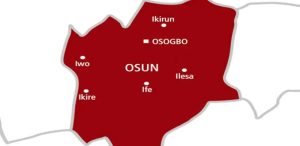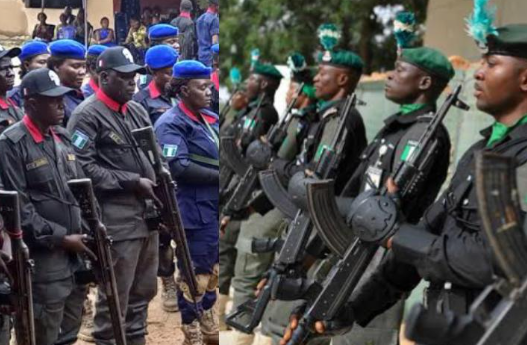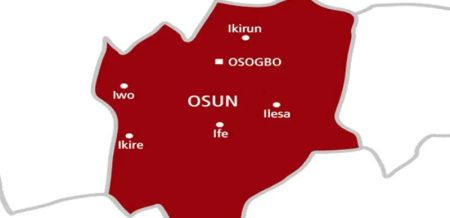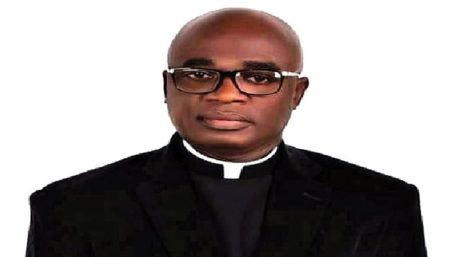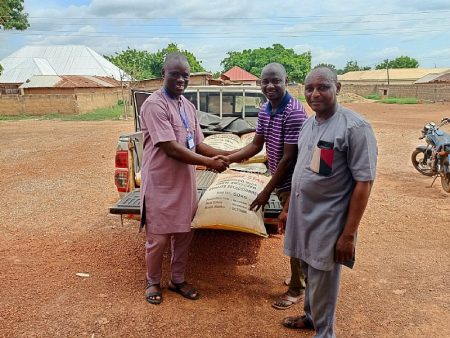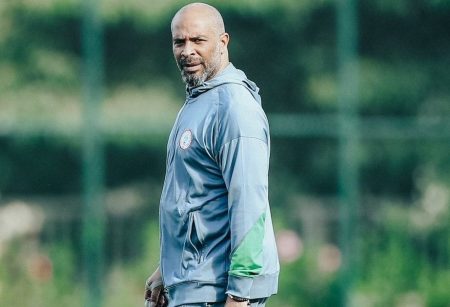A simmering conflict between the Nigeria Police Force (NPF) and the Nigeria Security and Civil Defence Corps (NSCDC) has erupted into a full-blown legal battle, stemming from an investigation into alleged illicit mining activities in Rafin Gabbas, Agwada town, Kokona Local Government Area of Nasarawa State. The crux of the dispute revolves around accusations of impropriety and interference in the investigation, with both agencies pointing fingers at the other. The contentious mining site, now the epicenter of this inter-agency clash, is linked to a litany of grave allegations, including culpable homicide, child trafficking for forced labor, and obstruction of justice. This escalating tension has spilled into the courtroom, further complicating the already intricate investigation.
The dispute’s trajectory into the legal arena began with suit number FHC/ABJ/CS/901/2025, filed before Justice Emeka Nwite of the Federal High Court, Abuja. The NPF, in its suit, accuses John Onoja, Commander of the NSCDC’s Mining Marshal, of facilitating illegal mining operations through two companies, Capital Apex Synergy Global Services Ltd and Nizhong Mining Company Ltd. The police contend that Onoja’s actions have enabled these companies to operate outside the bounds of the law, contributing to the alleged criminal activities taking place at the mining site. This accusation forms the bedrock of the police’s case against the NSCDC and its implicated officer.
The gravity of the situation is further underscored by an affidavit submitted by Gregory Woje on behalf of the Inspector-General of Police. The affidavit details the receipt of four separate petitions – two from traditional rulers and two from legal practitioners – all alleging illegal mining operations and related deaths at the Rafin Gabbas site. These petitions paint a grim picture of unchecked exploitation and violence, adding weight to the police’s claims against the NSCDC. The affidavit also reveals disturbing allegations of underage children, trafficked from various northern states, being forced into labor at the mine. These vulnerable children are reportedly subjected to inhumane conditions, including being fed hard drugs to maintain their productivity, highlighting the severe human rights abuses allegedly occurring under the guise of mining operations.
The affidavit goes on to depict the dire consequences of these alleged exploitative practices. It claims that numerous children have perished due to the hazardous working conditions and are buried discreetly, without any formal notification or investigation. The chilling account further alleges that community members who dare to report these incidents face brutal repercussions, including death or grievous injuries. This culture of fear and intimidation, as depicted in the affidavit, has reportedly paralyzed the community, preventing residents from even tending to their farms, further disrupting their livelihoods and exacerbating their vulnerability.
The police narrative also implicates NSCDC officials directly, claiming that some were arrested during the investigation, only to be subsequently released. This allegation raises serious questions about the integrity of the investigation and the potential complicity of NSCDC personnel in the alleged illegal activities. The affidavit submitted by the police paints a picture of a system riddled with corruption and intimidation, where those tasked with upholding the law are potentially involved in facilitating the very crimes they are supposed to prevent. This complex web of accusations and counter-accusations underscores the urgent need for a thorough and impartial investigation into the matter.
In response to the gravity of the allegations and the potential for further interference, Justice Nwite issued a significant ruling on May 20, 2025. The court granted an order restraining Onoja and his team from any further involvement or operations at the Rafin Gabbas mining site, pending the outcome of the investigation. This injunction serves as a crucial step in preserving the integrity of the ongoing investigation and preventing any potential tampering with evidence or intimidation of witnesses. The court’s intervention highlights the seriousness of the situation and the commitment to ensuring a fair and just resolution to this complex inter-agency conflict and the underlying allegations of criminal activity. The legal battle now unfolding promises to be a crucial test of accountability within Nigeria’s security apparatus and its capacity to address allegations of corruption and human rights violations.


